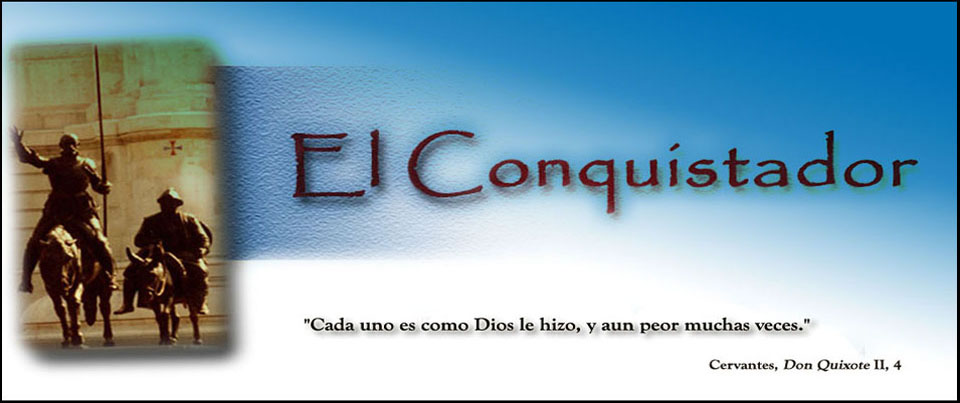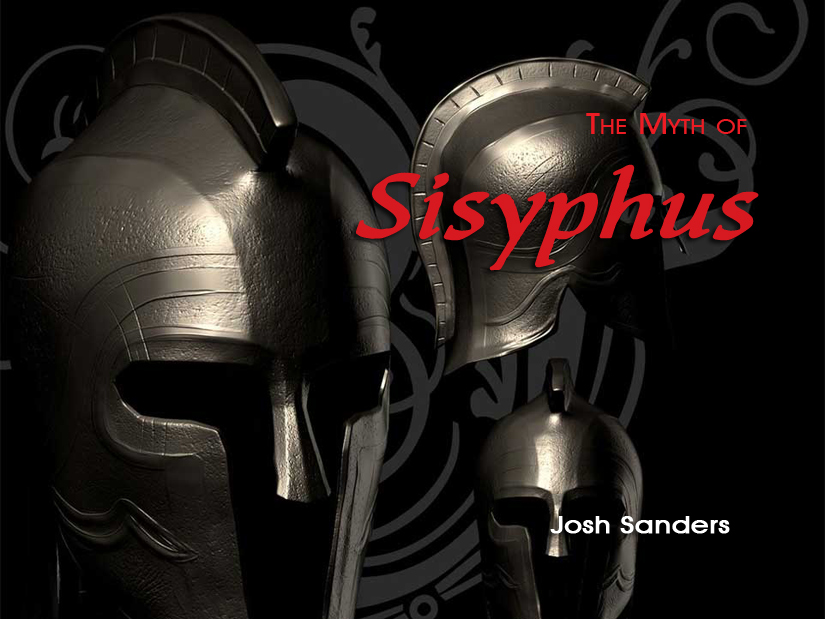The Myth of Sisyphus
The Search for Meaning—
Going nowhere in endless cycles
Camus, after describing the background of Sisyphus, begins his argument with the statement “… Sisyphus is the absurd hero.” The reader assumes that absurd means ridiculous, for that is the most common definition. But as Camus continues, the “absurd hero” is something entirely different. In context, absurdness is the conflict between humanity’s search for meaning in life and humanity’s inability to find any. Sisyphus is the absurd hero because “… his hatred of death, and his passion for life won him that unspeakable penalty…” The irony is that Sisyphus’ futile attempts to find purpose in life, resulted in his eternal punishment of purposelessness.
Camus utilizes this punishment of purposeless as a comparison to our own lives. “The workman of today works every day in his life at the same tasks, and this is no less absurd.” Life is just this endless cycle of futility. Sisyphus must push the rock up the hill day in and day out just like the worker must continue the same tasks day in and day out. However, Camus argues that the tragedy isn’t the futile act, but the fact that “Sisyphus … knows the extent of his wretched condition.” We cannot comprehend rolling a rock up a hill for eternity; we see this as the torture. Camus reveals the true torture: the fact that Sisyphus knows that this never ends, “… the moment he knows, his tragedy begins.”
Camus makes a major assertion at the conclusion of his argument: “One must imagine Sisyphus is happy.” How could one be content with the consciousness of his futile existence? Sisyphus is happy because “… [he is] the master of his days.” He no longer has to look back to his former life or look forward to any future. There is “no higher destiny” he can achieve. His existence is solely focused on pushing that rock. He is content with his punishment. He understands its lack of purpose, but “he too concludes all is well.” There is nothing else Sisyphus needs to worry about; there’s no hope for the future, no master for him to please.
However, I disagree with Camus’ suggested response to such purposelessness. He argues that one must become content in their own situation. One should not look back to the past or have hope in the future. He claims there is no master to please; that the individual must become the master of his/her own situation. I disagree. I claim there is a necessity for hope. Without such hope, what’s the point? Why not end your futile life now? I don’t understand how one could be so content without something to look forward to. We don’t find something to look forward to in life, since it has no purpose in and of itself. So there must be something more, something beyond this life.
For me, it’s my faith in God that keeps me going. I have an eternal hope. I have what Peter describes as a “living hope” (1 Peter 3.3-6) . . . a hope in “an inheritance that can never perish.” And so I “press on toward the goal” (Philippians 3.14).
I can’t be content with rolling my rock daily, if I don’t hope for something past that hill.
Josh Sanders
In the Days of Thy Youth, a publication written for and sometimes by young people and distributed among several congregations in central Florida.

